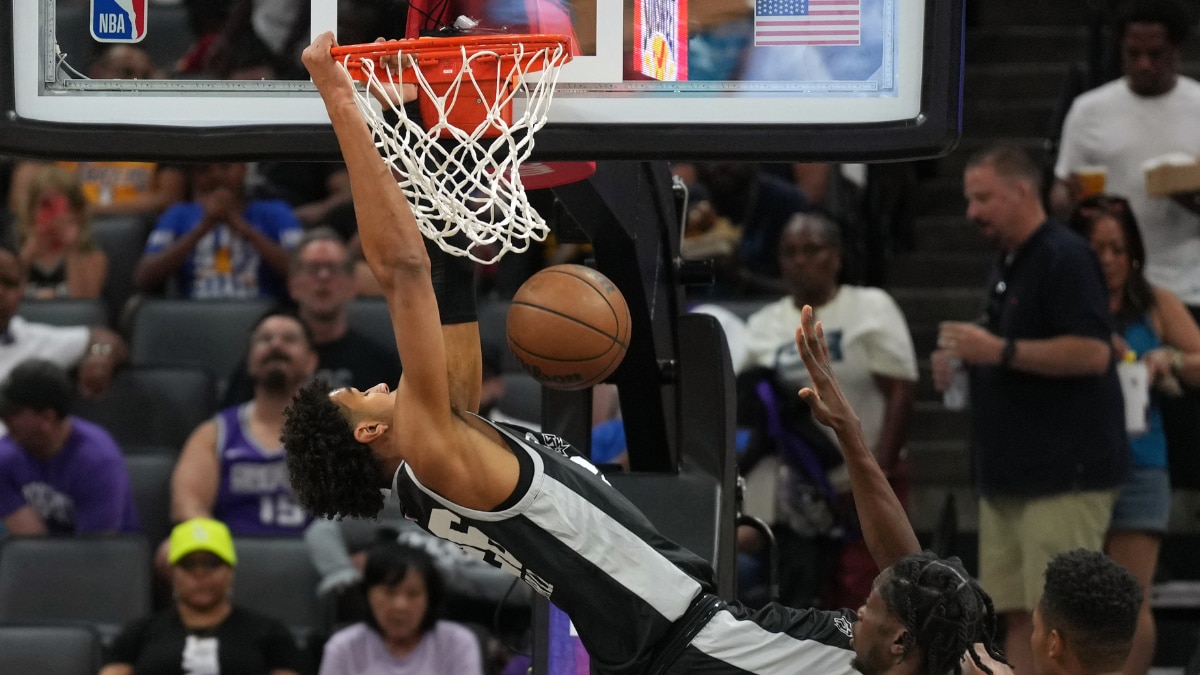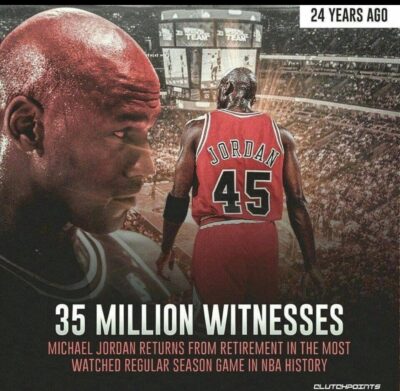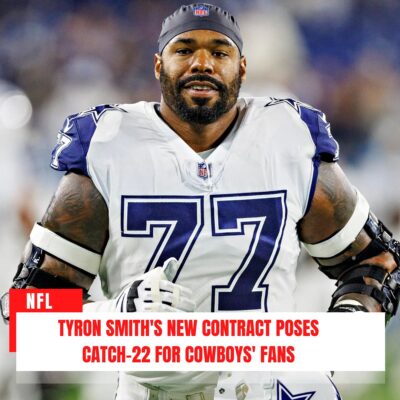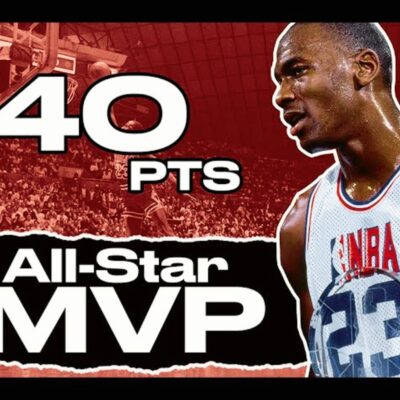Starting next season, officials will have the power to call a non-unsportsmanlike technical foul on a player who flops, meaning players can’t be ejected for flopping. The call will be made during a neutral possession and the opposing team will be rewarded a free throw, followed by the game resuming.
What could go wrong?
The rule will definitely be met with some opposition from players and fans, especially since it will slow down the game. In fact, we already saw this happen during NBA Summer League, where the league tested out the new in-game flopping penalty.
:filters:quality(95)/images/story/11702/flop_690w.jpg)
On July 6, Golden State Warriors guard Lester Quinones became the first player to earn a technical for flopping. While playing against the Sacramento Kings in the California Classic Summer League, Quinones made a three over a defender, but attempted to sell the contact by falling to the ground. The shot went in and there was no call. The Kings proceeded to have a possession and when the Warriors got the ball back and brought it up just past half-court, that’s when the technical for flopping was called. Play stopped, the official made the announcement, and the free throw commenced.
This was not well received by those in attendance.
Fans immediately booed, players were clearly annoyed and even the commentators were unsure of what happened. Kings guard Jordan Ford made the free throw and play resumed, with the Warriors getting the ball back.

The NBA clearly wants to get flopping under control for good, so it makes sense that they are trying a new approach. However, any rule that slows down the game even more is likely to be rejected by the fans, and understandably so. With challenges and replays being implemented over the last few years, the game has slowed down quite a bit, especially toward the end of games.
While challenges and replays are appreciated by most fans because they want to see the right call even if it means slightly slowing things down, this flopping rule may not be as well received. It does not feel as important as, say, a tough out-of-bounds call or whether a player was flagrantly fouled. Flopping is frustrating to watch, yes, but we’ll see whether fans view this as a solution or part of the problem.
Will the new anti-flopping rule even work? It remains to be seen.
This isn’t the first time that the NBA has tried to remove flopping from the game. Back in 2012, the league introduced fines as a way to penalize floppers. After one warning, players would be fined $5,000 for their second flop, $10,000 for their third flop, $15,000 for their fourth flop and $30,000 for their fifth flop. A sixth offense could result in a suspension.
Under the NBA’s new rule, fines for flopping will start at $2,000 (to match all other technical-foul fines), and the fines will still “increase incrementally for repeat offenders.”
Next season, we’ll see if players are less likely to flop when it hurts their team as opposed to just their wallet. And it’ll be interesting to see what fans think of the league’s new anti-flopping approach. If the reaction is similar to what we saw from fans during NBA Summer League, this new rule could be a flop.











